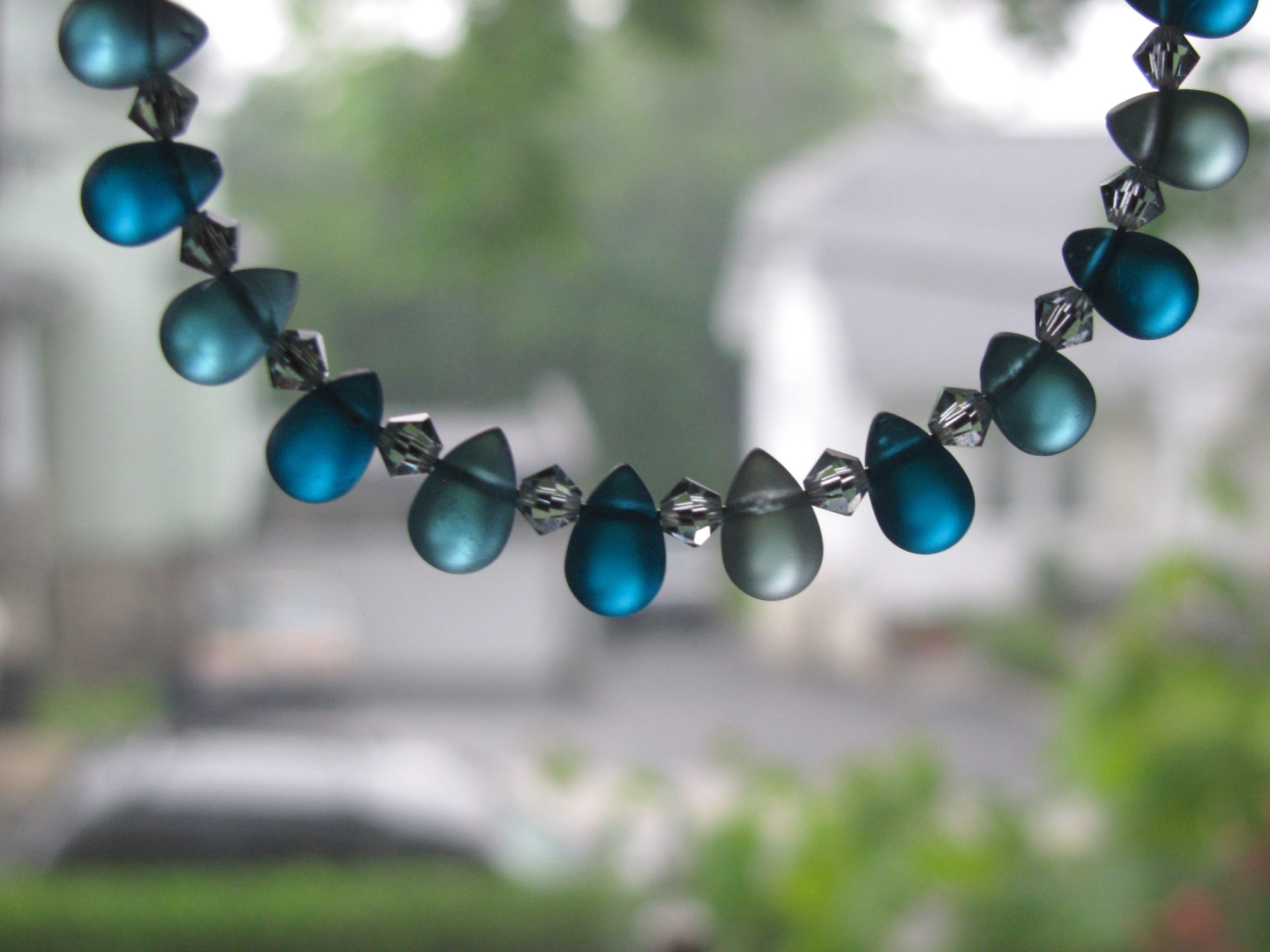I see you like space
between my car and the raised
bumper of an F150 sitting
wider than yellow parking lines.
I know when to brake and back
up, when to cut the wheel
so I turn just far enough
into your space, filling it
with so much of myself that
almost I fill it all, almost
I feel the crunch of fender and truck.
My power saves
paint jobs at a price.
Every hero has her heal.
Mine’s the depth I can’t stop
sensing, a constant knowledge
of our world packed tight,
nearing collision, and the fear
of someone cutting too sharp,
closing the space completely.
At night I know twin lights
of speeding cars enough
to pull out and see we’re safe
in our sufficient depth of space.
—Marcus Goodyear, from Barbies at Communion, T. S. Poetry Press
